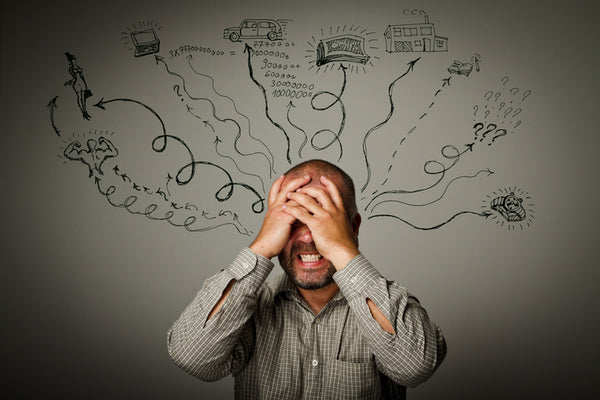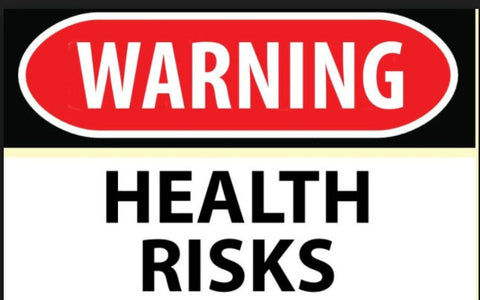We are all aware of the connection between stress and overall health. A new study with 137,000 participants shows connections between stress-related disorders and heart problems. Participants who have experienced acute stress because of a traumatic event were tested for heart health against their siblings who have similar genetics and upbringings.
The study found that the participants with stress disorders were more likely to experience heart attacks, heart disease and blood clots over multiple years. "We saw [about] a 60 percent increased risk of having any cardiovascular events" within the first year after being diagnosed, says researcher Unnur A Valdimarsdóttir of the Karolinska Institute, a professor of epidemiology at the University of Iceland. Over the longer term, the increased risk was about 30 percent, Valdimarsdóttir says.

This corroborates other studies published, which show strong correlations between stress and other diseases.
How do you know when you're experiencing normal, or typical stress, and unhealthy stress?
Picture yourself in this situation. You're driving in your car, and someone cuts you off so you have to slam on the brakes. Your heart might start pounding, and you feel the fight-or-flight response start throughout your body. That's healthy, and to be expected.
However, if you experience that type of stress without normal activators, you should consider the possibility that you might have chronic stress.
How to cope with stress?
Just as much as we're aware of the negative health effects of stress, we're also probably aware of how to manage stress. If you're feeling stressed (acutely or otherwise), the following can help:
1. Exercise - Endorphins, the release of tension, and shaking up your normal routine can all help with stress.
2. Cultivate Relationships - Feeling isolated from the world, or lacking companionship negatively impacts stress levels. More Americans report being lonely, but this can be improved by joining community activities or volunteering.
3. Talk to Your Medical Professional - Calling the doctor may be anxiety-inducing, but it might be worth it! Your doctor can develop a specific plan for you, and see how your mental health can be addressed with more help.
Don't grin & bear it- seek help!

Do you want help understanding your stress? Give us a call. If it's an emergency, call 911.
Citations:
First read on https://www.npr.org/sections/health-shots/2019/04/14/711921685/high-stress-drives-up-your-risk-of-a-heart-attack-heres-how-to-chill-out
Original Study: https://www.bmj.com/content/365/bmj.l1255
Additional Studies:
https://www.thelancet.com/journals/lancet/article/PIIS0140-6736(04)17019-0/fulltext
https://www.npr.org/sections/health-shots/2018/05/01/606588504/americans-are-a-lonely-lot-and-young-people-bear-the-heaviest-burden








Comments (0)
There are no comments for this article. Be the first one to leave a message!